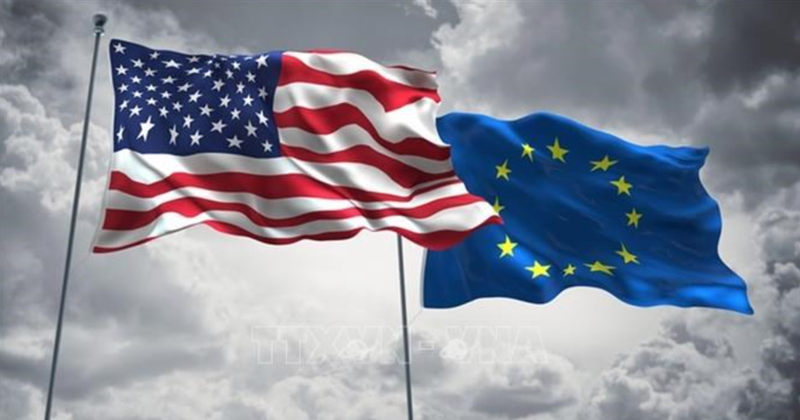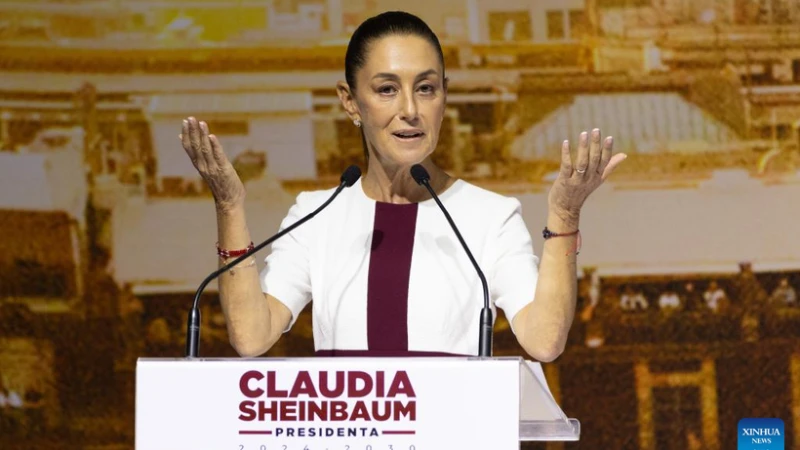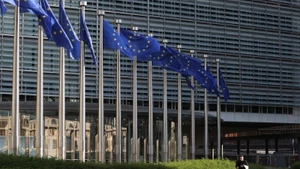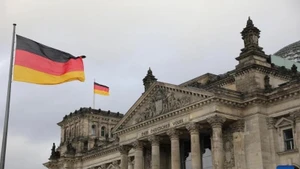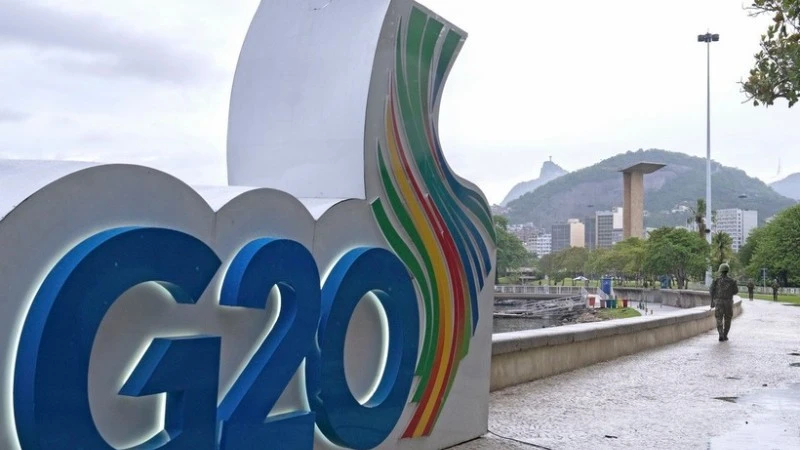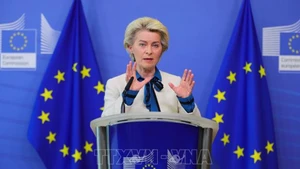The strain in US-EU relations comes as no surprise to experts, as President Donald Trump openly deprioritised both the EU and the North Atlantic Treaty Organisation (NATO) during his first term. Throughout his four years in office, the US leader frequently pressured European allies to contribute more financially to collective defence efforts. The current tensions are widely seen as a continuation of past frictions.
Upon returning to power, Trump announced plans to impose a 25% tariff on EU imports. In response, the European Commission (EC) warned of an immediate and firm reaction against any unjustified trade barriers. With annual trade volumes exceeding 1.5 trillion USD, the US-EU economic partnership serves as a vital artery of the global economy. A trade war, if ignited, would inflict significant damage on both sides and disrupt the world's economic order.
The 61st Munich Security Conference (MSC) in Germany has further shaken the trust between the US and its European allies. Unlike the optimistic tone of previous conferences, this year’s gathering was tense, with statements reflecting a growing rift between the two sides. During the conference, US Vice President J.D. Vance harshly criticised European partners, particularly regarding mass migration in Europe. He warned that the continent was abandoning some of its fundamental values, which he claimed once aligned with the US. He further stressed that the current American administration holds entirely different priorities and worldviews from Europe. His remarks were met with strong backlash from European leaders. German Defence Minister Boris Pistorius called them “unacceptable”, while Italian Foreign Minister Antonio Tajani stated that such rhetoric served no one’s interests.
Beyond the topic of migration, disagreements over trade, tariffs, defence spending, and climate change have deepened US-EU tensions. The Ukraine conflict has further exacerbated divisions, with Washington engaging in direct diplomatic moves with Russia, bypassing both Kyiv and Brussels. This has left European nations frustrated, fearing a diminished EU role and a shift in the region’s geopolitical balance. In response, European leaders held an emergency summit in France to coordinate a unified strategy. European Commission President Ursula von der Leyen acknowledged that the EU now faces a critical security crossroads.
Despite frustration with Trump's approach, Europe finds it difficult to pursue an independent path due to its deep reliance on the US in multiple areas. Economically, the US is the European Union's leading trade partner. Regarding military, the US is the largest contributor to defence spending in NATO, an alliance to which most European countries belong. In terms of energy, Europe has been importing significant amounts of liquefied natural gas (LNG) from the US since Russia reduced its gas supply.
Trump’s “America First” policy prioritises domestic interests over global alliances, leading to diverging approaches between Washington and Brussels on key strategic issues. This growing disconnect could reshape the global geopolitical landscape. However, EU leaders are working to mend ties through dialogue and negotiation rather than confrontation, in hopes of preserving the transatlantic partnership.
